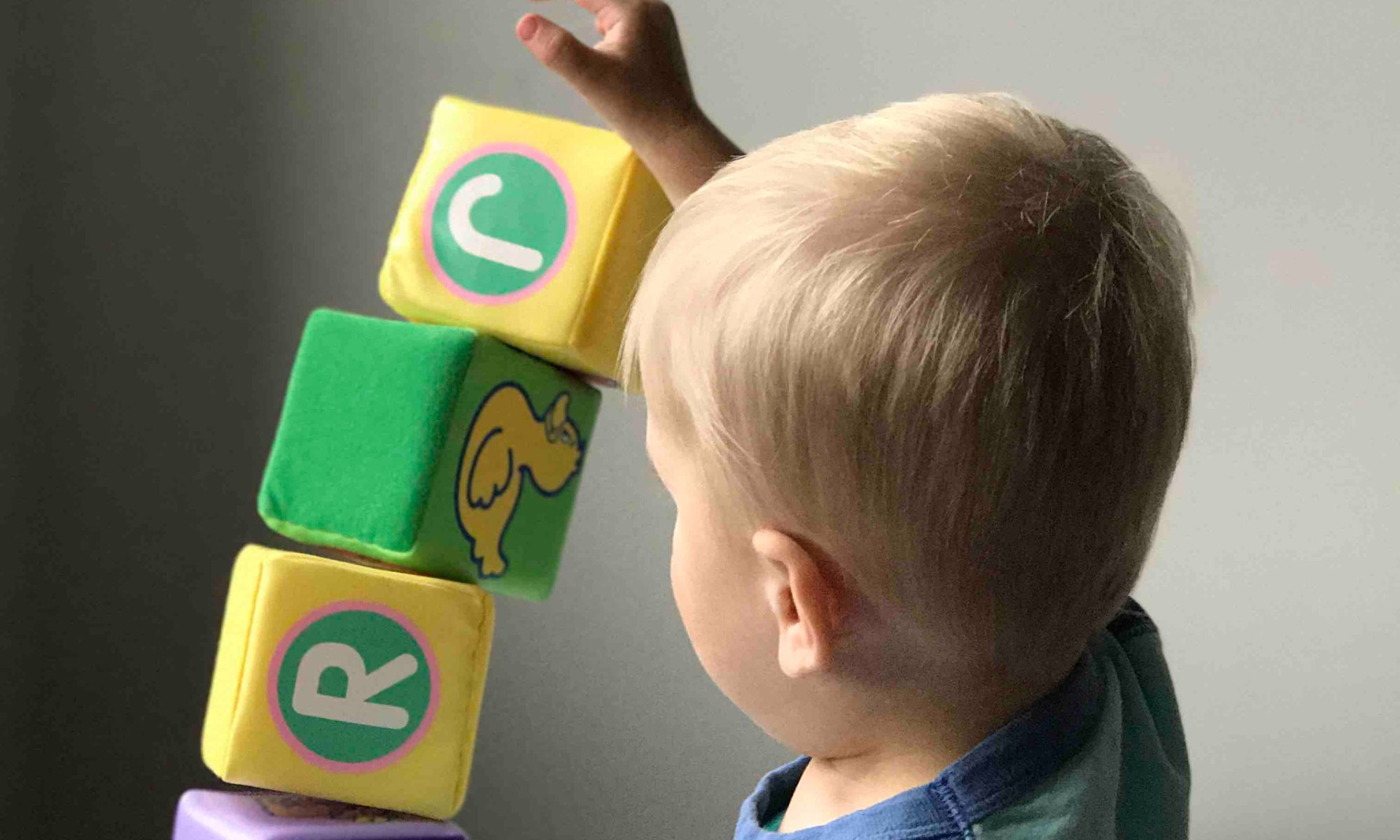Educational technology can be exasperating. The edtech arena itself is a vast one. No wonder teachers get annoyed, regardless of how much experience they have with technology or education. Situations completely out of our control can also send the calmest teachers into a spin. You can’t control the weather, but that huge storm passing through your region can affect connectivity. In turn, connectivity is everything when using edtech. And of course, the storms always seem to be the worst when you need the Internet the most, like during high stakes assessment. Here are tips for teachers who are frustrated with …
Continue reading “Tips for Teachers Who Are Frustrated with EdTech”









